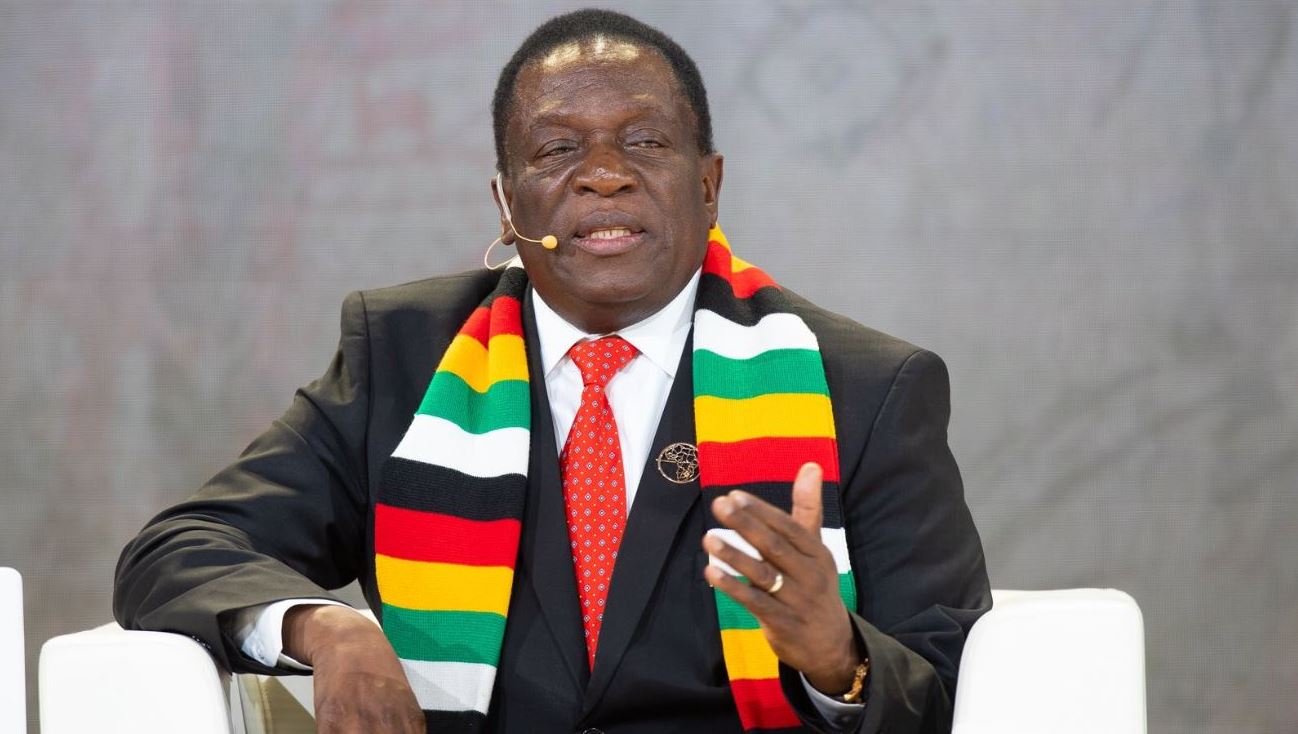President Mnangagwa said the government will raise budgetary expenditures to the health sector to improve quality and affordable healthcare for all citizens as part of the quest to become an upper middle-income economy by 2030.
He told journalists at the just-ended African Union (AU) Extraordinary Heads of State and Government Summit on Industrialisation and Economic Transformation in Niamey, Niger, that the Government would double down on overhauling the public health system.
President Mnangagwa said Thursday’s budgetary support from Minister Mthuli Ncube bolsters the government’s commitment to improve the health sector.
Treasury suggested investing 11% of 2023’s $4.5 trillion budget on Health and Child Care.
The Abuja Declaration calls for increasing disbursements to 15% of yearly spending.
“Sanctions have hurt the health sector at home.” Our health coverage dropped after 20 years of penalties, he claimed.
“The attack on Zimbabwe and the rest of the world through Covid-19 has rung the alarm bell to say ‘please wake up, you never know when the next pandemic may strike, prepare yourself’
“Now we’re focusing on our health sector.
“If you look at the Budget, we’ve increased our expenditure in the health sector because Covid-19 isolated Zimbabwe.
We never got outside funds; we relied on domestic resources. We redirected funding from other programs to protect our people, and Zimbabwe did well in the region and perhaps on the continent in limiting Covid-19’s impact. “That’s not everything.”
The President, who came home yesterday morning, said the Government was resolved to adopt all necessary measures to guarantee the country’s health system was sufficiently prepared for future pandemics and maintained excellent service standards.
“We will do everything possible to prepare for any pandemic,” he continued.
It’s fantastic that our folks enjoy the best health care system.
In his 2023 Budget presentation last week, Prof Ncube said the government is dedicated to strengthening healthcare services, as indicated by the development and restoration of health facilities.
Among the projects are Lupane Provincial Hospital, health posts in Mutasa, Mashayamvura, Gokwe North, and Centenary district, 30 polyclinics, and five district hospitals.
The minister said $43 billion will be spent on medical equipment and supplies for public hospitals, in addition to staff welfare.
The government aims to buy 100 ambulances; 32 have already been bought.
The Treasury set aside $2 billion for ambulances, utility cars, and other medical equipment, and $33 billion for hospital and clinic development and renovation.
$1 billion will be utilized to build a research and teaching hospital.
Government has also ensured a steady supply of life-saving pharmaceuticals for HIV/AIDS, TB, and malaria, completed the Harare National Pharmaceutical Warehouse, and purchased MRI equipment, ambulances, and service vehicles.
Minister Ncube observed issues connected to significant employee turnover in the industry, which has a 13% vacancy rate, which is more prominent among specialist doctors’ categories.
“The excessive turnover of health staff threatens public health services,” he stated.
“Government is tackling this difficulty by continuously reviewing monetary and non-monetary incentives to attract and retain medical workers.”
On non-monetary incentives, he said the government has given aside funds for hospital building and staff buses and operational cars.
“Government and banks are working on a Vehicle Guarantee Fund to ensure health workers have access to vehicle loans at concessionary rates,” he said.
The government approved a housing guarantee fund to help health workers get cheap bank loans. 637 staff members have benefited from the scheme.
In addition, members can import personal vehicles duty-free with free finances.
